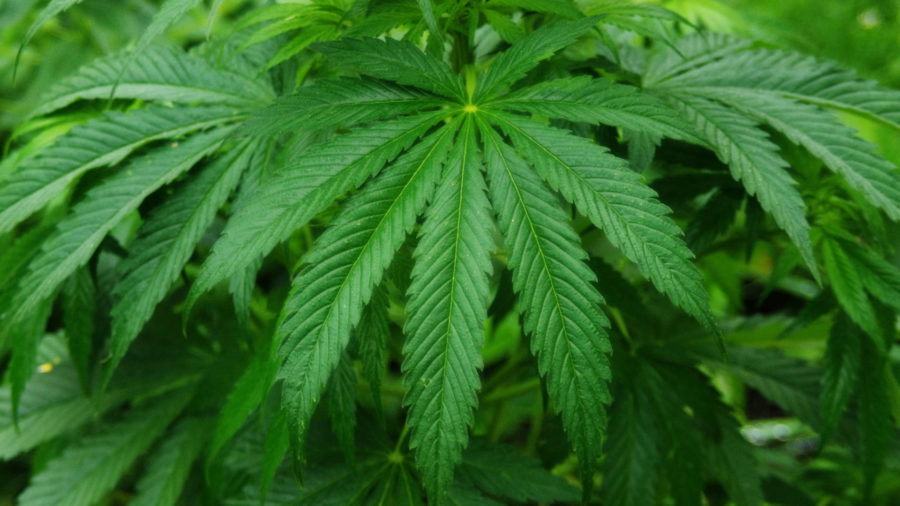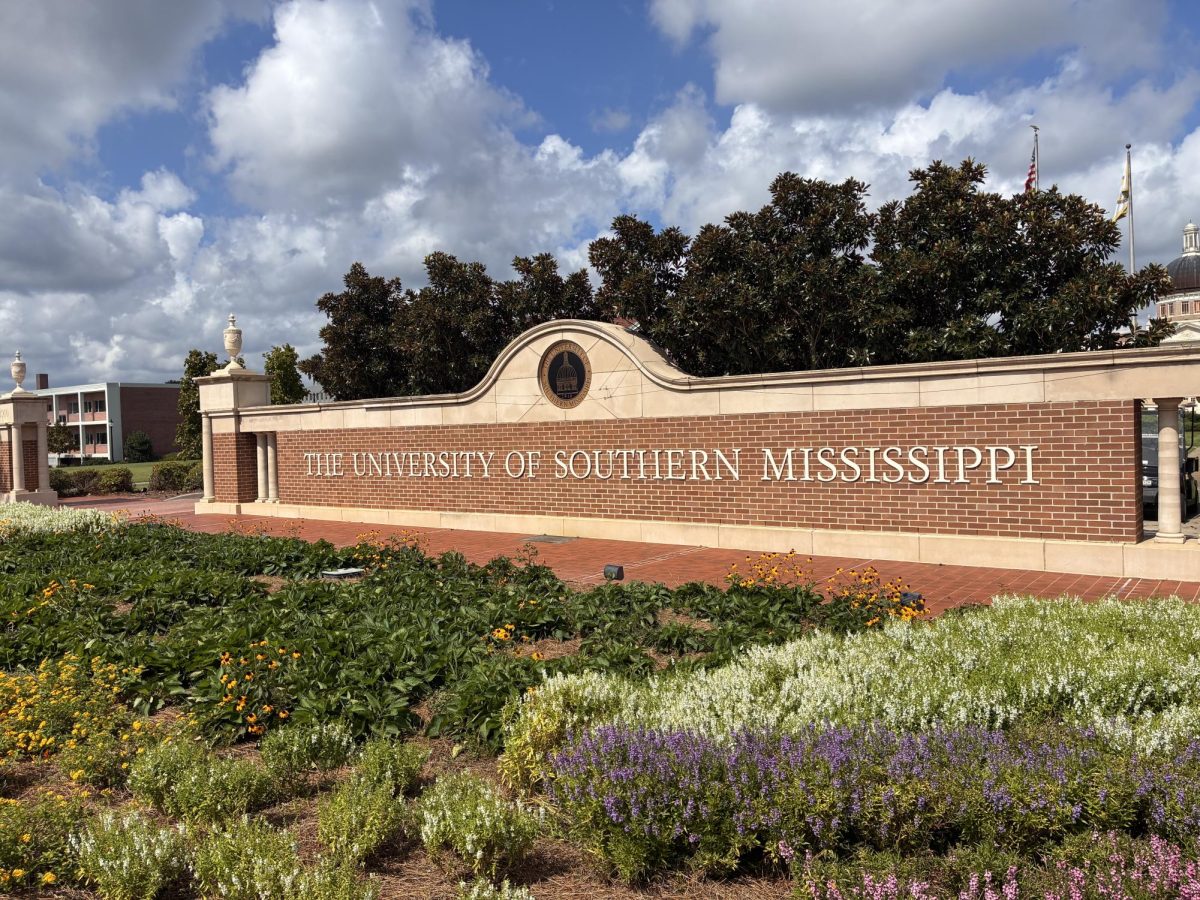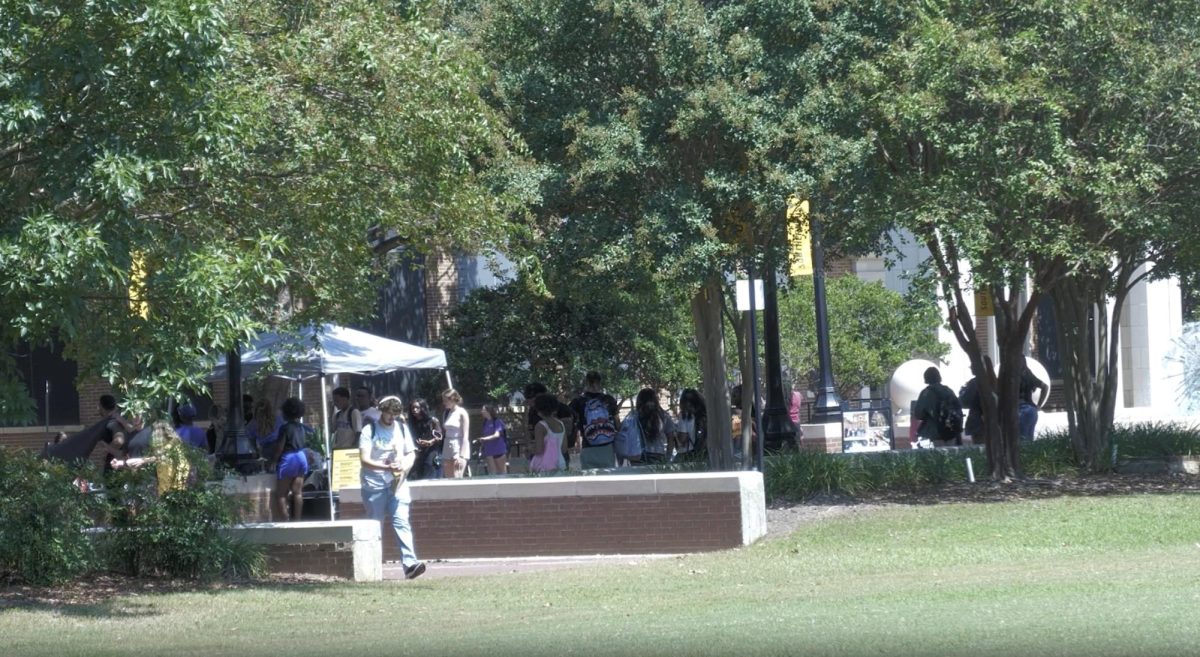After a long-awaited process, Mississippi has officially become the 37th state in the nation to legalize medical cannabis.
The Mississippi Medical Cannabis Act (SB2095) was signed into law by Gov. Tate Reeves on Wednesday, February 2nd.
Reeves was given five days from the time he was given the bill to either sign it, veto it or let it pass without his signature. After much deliberation, Reeves finally signed the bill.
“Because of these improvements to the program (as well as many other small ones that I am not mentioning), SB2095 will become law,” Reeves said in a social media statement. “I thank all of the legislators for their efforts on these improvements and all of their hard work. I am most grateful to all of you: Mississippians who made your voice heard.”
Reeves had been vocal about his issues with the medical cannabis campaign and only agreed to sign it if there were reforms to the original bill.
These reforms were a lowering of the official ounces administered per month allowed by medical professionals, and completely cutting the involvement of the Mississippi Department of Agriculture and Commerce.
Anyone from the ages of 18 to 25 can only be prescribed medical cannabis by an MD or DO. Those that are under 18 can only be prescribed it if they receive consent from their parents or guardians.
The Mississippi Department of Revenue will be responsible for the licensing of medical cannabis dispensaries, while the Mississippi State Department of Health will begin accepting online applications for “patients, medical practitioners, cultivation facilities, processing facilities, testing facilities, waste disposal entities, and transportation entities” by June 2022.
The Mississippi Medical Cannabis Act does differ substantially from the voter-passed Initiative 65, largely in terms of regulation.
Under Initiative 65, a qualified patient could not possess more than 2.5 ounces at one given time but was allowed 2.5 ounces in a 14-day period.
The Mississippi Medical Cannabis Act only allows indoor cultivation, unlike Initiative 65, which left that open-ended. The 22 conditions originally included in Initiative 65 remained relatively similar.
74% percent of Mississippians voted in favor of Initiative 65 in 2019, but the Supreme Court overturned it a few months later due to legal technicalities with the ballot initiative process.
Over the last three years, there has been a substantial grassroots movement to come forward in support of the medical cannabis campaign in Mississippi that is ultimately responsible for its success.
Shea Dobson, former Mayor of Ocean Springs and one of the only mayors in Mississippi to publicly support Initiative 65, captured the sentiment felt by many activists.
“This program, while not perfect, will expand medical freedom in our state and give access to life-changing medicine to thousands of Mississippians,” Dobson said. “I have been pushing for this program for several years. I have heard from so many Mississippians from different backgrounds and perspectives who are happy they now have access to their medication.”






























